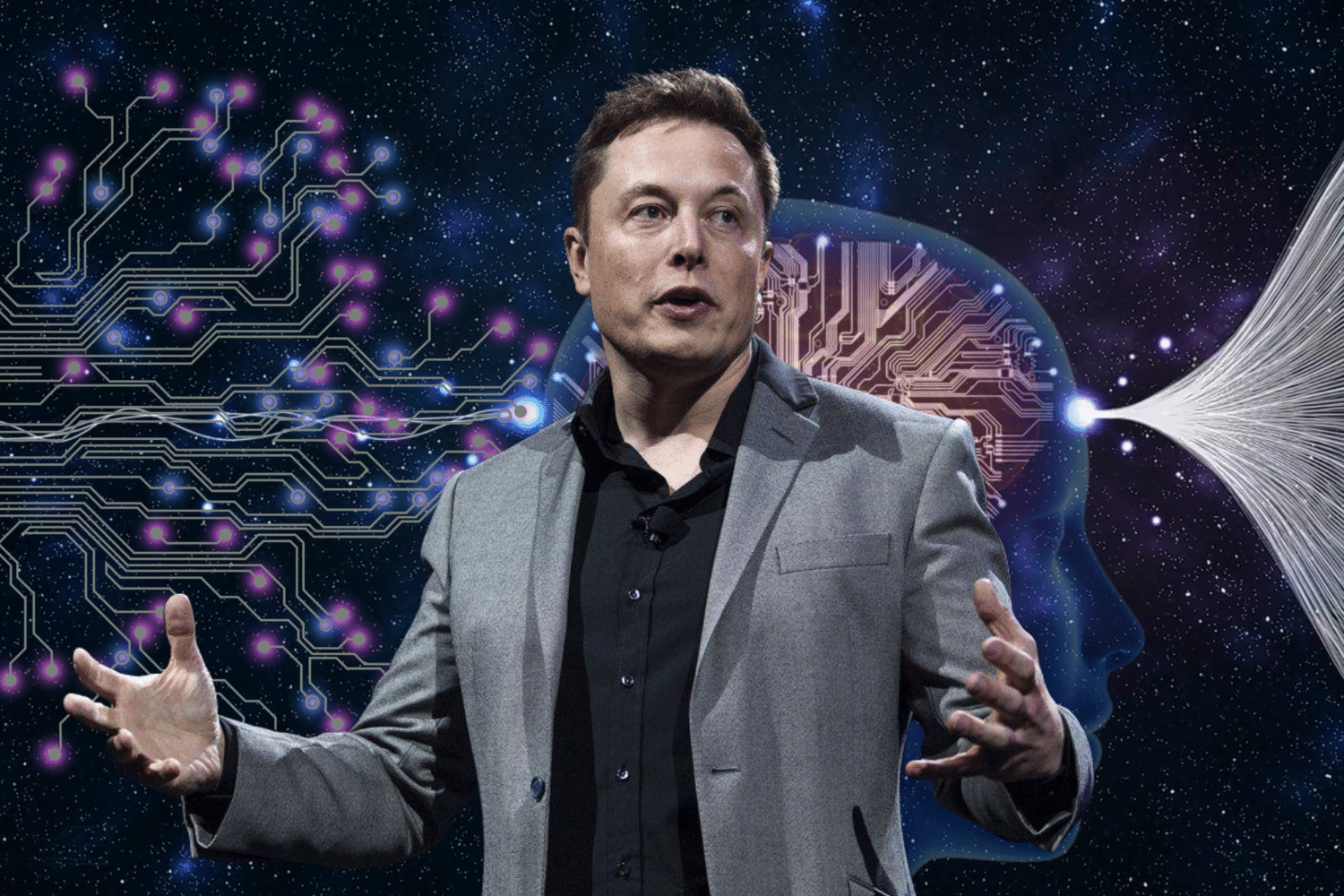In a world increasingly driven by technological advancements, the race to develop artificial intelligence (AI) that can operate “unplugged” from the internet is gaining momentum. Intel, Apple, and Qualcomm are among the tech giants at the forefront of this endeavor, with their recent innovations aimed at providing users with a more personalized and private AI experience.
Intel’s unveiling of “AI PCs”
At the recent Intel Innovation Summit, the company’s CEO, Pat Gelsinger, unveiled the concept of “AI PCs.” These devices are designed to significantly enhance the use of AI by relying on local hardware rather than depending on the cloud. This shift marks a pivotal moment in the tech industry, as it seeks to reduce the reliance on data centers and offer users a more seamless and responsive AI experience.
A paradigm shift: AI at the edge
The push towards AI operating “at the edge,” without constant internet connectivity, represents a paradigm shift in the field. Traditionally, AI systems heavily relied on data centers and a stable internet connection, leading to server overload and slower response times due to growing demand. However, the new wave of AI technology seeks to change this by focusing on learning and adapting to individual user needs.
The promise and concerns of unplugged AI
While these developments hold great promise in terms of enhancing AI’s utility and personalization, they also raise concerns about potential societal implications. Jon Schweppe, the policy director of the American Principles Project, warns that as AI becomes more advanced and personalized, there is a risk of individuals forming deep but unreciprocated bonds with their virtual assistants, which could isolate them from society.
Schweppe asserts, “AI can never be a true replacement for social interaction. An AI wife cannot be a true replacement for a real wife. In a world where we already have problems with people rejecting their societal responsibilities and being unwilling or unable to form families, AI ‘assistants’ will just further exacerbate these issues.”
A shift away from the cloud
The move towards AI operating independently from the internet represents a significant departure from the long-standing trend of shifting most computing tasks to the cloud. This shift allows AI to offer more personalized and responsive experiences for users without the constraints of internet connectivity.
Personalized AI: A game-changer
Christopher Alexander, Chief Analytics Officer of Pioneer Development Group, believes that this shift towards personalized AI could revolutionize the field. Current AI systems rely on vast datasets to make generalized recommendations, but the new approach promises to deliver tailored analysis specific to an individual’s immediate surroundings.
Alexander notes, “The vast majority of AI today uses massive data sets for analysis to make generalized recommendations to an individual. This AI approach provides the power of analysis specifically to the individual’s surroundings. It will be exciting to see how this plays out over time.”
Expanding horizons for AI
Phil Siegel, the founder of the Center for Advanced Preparedness and Threat Response Simulation (CAPTRS), predicts that AI’s reach will continue to expand and find increasingly valuable applications. He emphasizes that AI is already operating “unplugged” in various domains, from custom AI apps used by companies to AI embedded in software-as-a-service (SaaS) applications. Siegel also anticipates the growth of AI-powered chatbots and endpoint AI applications in various industries.
Siegel states, “There may even be white label products for companies like Airbnb, which might have one for each geography for its customers or ask one of the four home chat companies to do it for them. Each car company will extend its tech to have these endpoint AI apps. I’m bullish on this.”
The future of unplugged AI
As tech giants like Intel, Apple, and Qualcomm continue to invest in developing AI that operates independently from the internet, the landscape of AI technology is undergoing a profound transformation. This shift promises a more personalized and responsive AI experience for users, but it also raises concerns about potential societal implications.
The debate surrounding the impact of unplugged AI on human interaction and social bonds is likely to persist as this technology evolves. While AI holds great potential to enhance our lives, it remains essential to strike a balance between technological advancements and maintaining meaningful human connections in an increasingly digital world.




